Find Help
More Items From Ergsy search
-
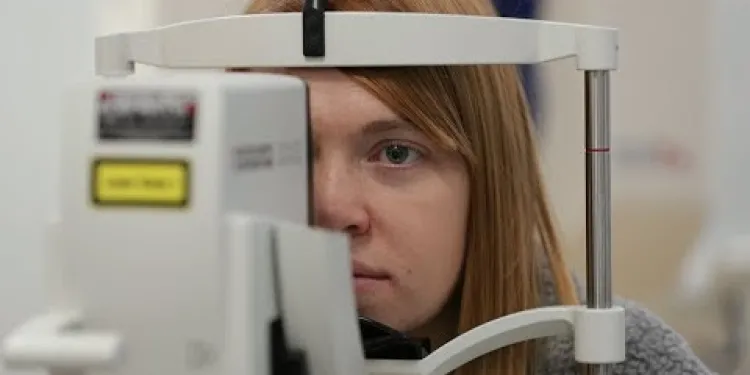
Patient voices in type one diabetes - I would have done things differently.
Relevance: 100%
-

Is Ozempic suitable for type 1 diabetes?
Relevance: 55%
-

Is Type 2 Diabetes hereditary?
Relevance: 55%
-

How is Type 2 Diabetes diagnosed?
Relevance: 54%
-

Type 1 Diabetes supporting adults to manage Type 1 diabetes
Relevance: 53%
-

What is the difference between type 1 and type 2 diabetes?
Relevance: 53%
-

Can Mounjaro be used in type 1 diabetes?
Relevance: 52%
-
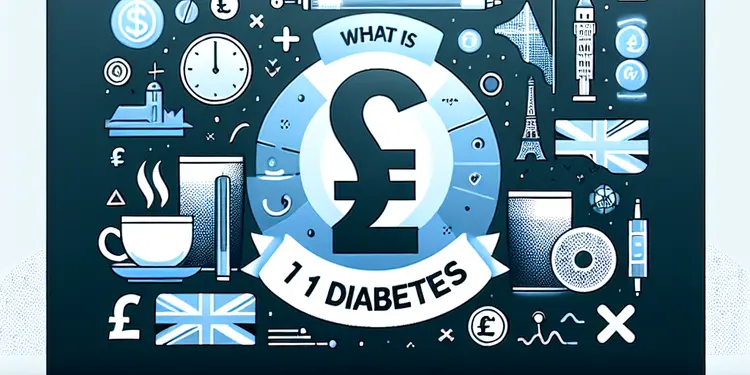
What is type 1 diabetes?
Relevance: 52%
-
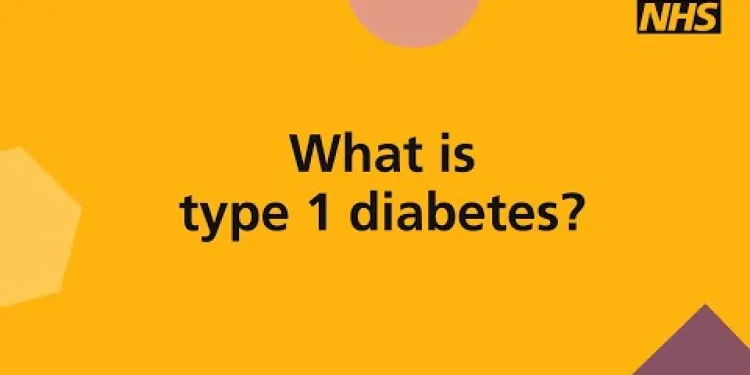
What is type 1 diabetes?
Relevance: 52%
-

Can Type 2 Diabetes go away?
Relevance: 51%
-

Can Type 2 Diabetes be prevented?
Relevance: 51%
-
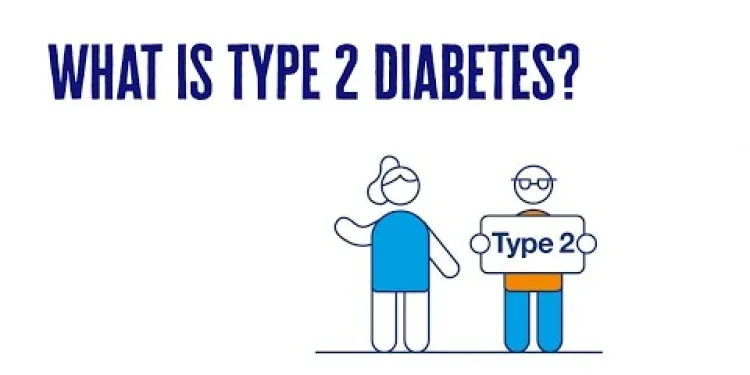
What Is Type 2 Diabetes? | 2 Minute Guide | Diabetes UK
Relevance: 50%
-

What causes Type 2 Diabetes?
Relevance: 50%
-

What are the symptoms of Type 2 Diabetes?
Relevance: 49%
-

How is Type 2 Diabetes treated?
Relevance: 49%
-

Is there a genetic predisposition to type 1 diabetes?
Relevance: 49%
-
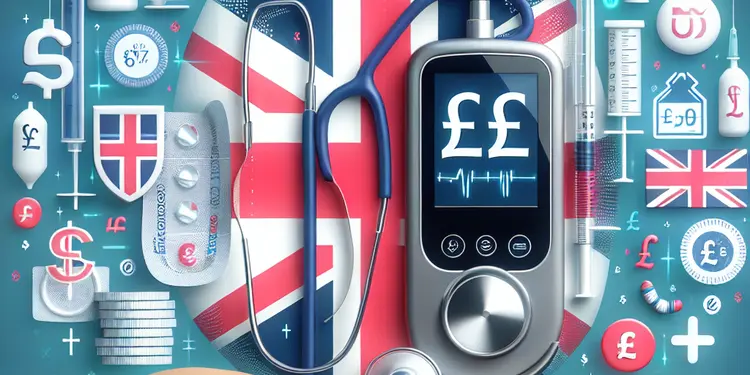
What are the limitations of type 1 diabetes screening?
Relevance: 48%
-

Is Wegovy used for type 2 diabetes management?
Relevance: 48%
-
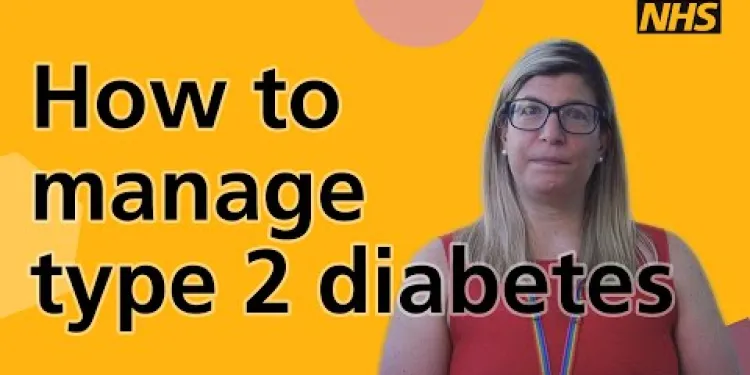
How to manage type 2 diabetes
Relevance: 48%
-
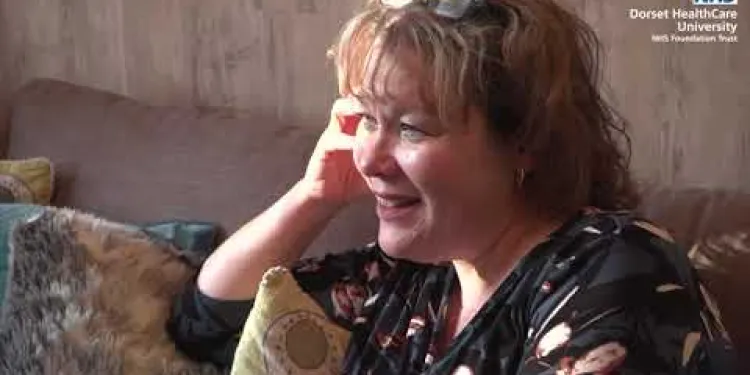
Voice banking service helps people live with motor neurone disease
Relevance: 48%
-

What complications are associated with Type 2 Diabetes?
Relevance: 47%
-
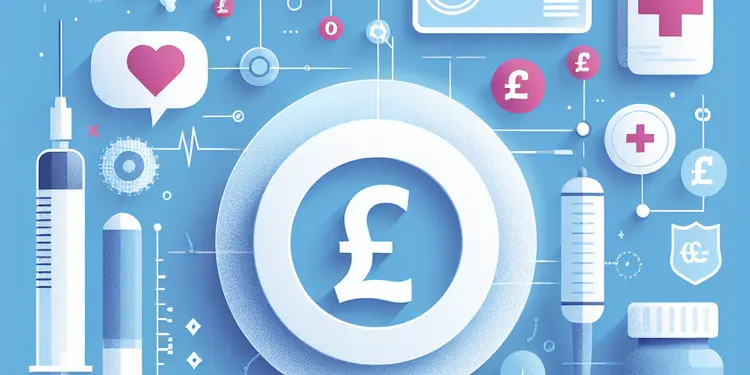
Are there any clinical trials for preventing type 1 diabetes?
Relevance: 46%
-
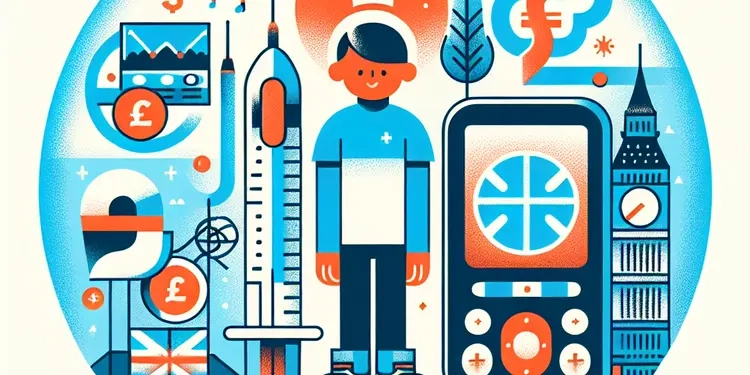
Should I screen my child for type 1 diabetes?
Relevance: 46%
-

What is the role of insulin in Type 2 Diabetes?
Relevance: 46%
-
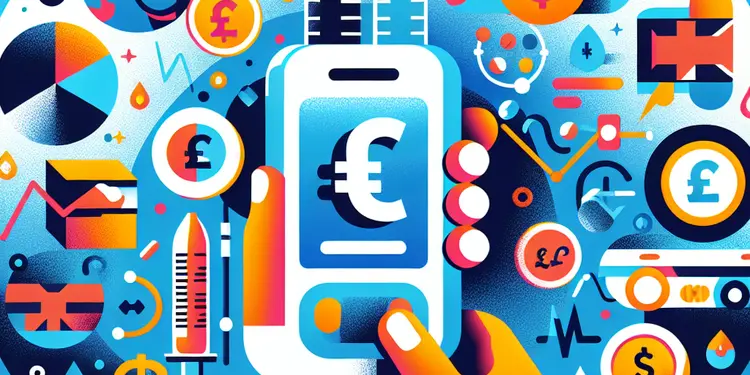
What does screening for type 1 diabetes involve?
Relevance: 46%
-

Can stress affect my Type 2 Diabetes?
Relevance: 46%
-
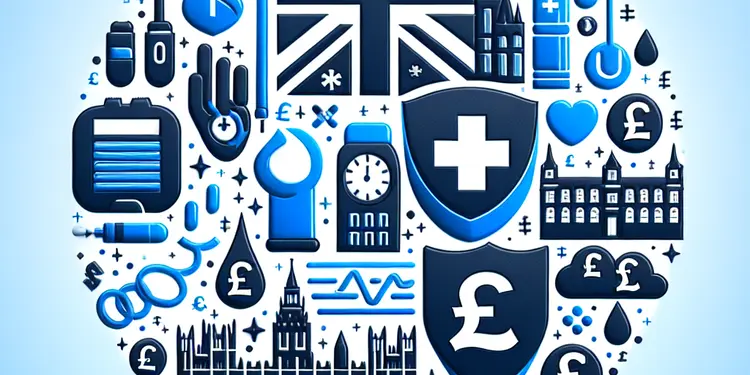
What are the benefits of early detection of type 1 diabetes?
Relevance: 45%
-

Where can I find support for managing Type 2 Diabetes in the UK?
Relevance: 45%
-
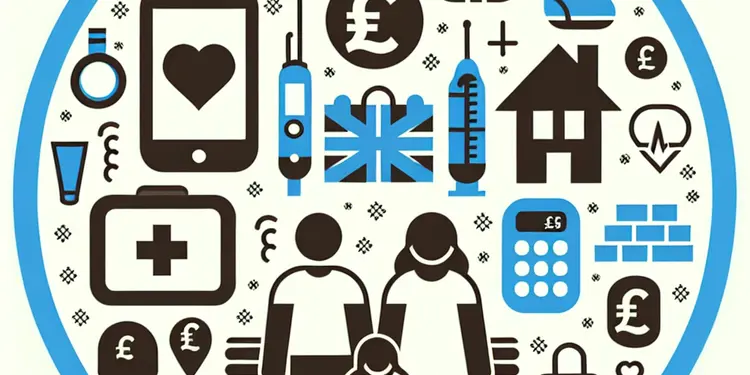
What support is available for families dealing with type 1 diabetes?
Relevance: 45%
-
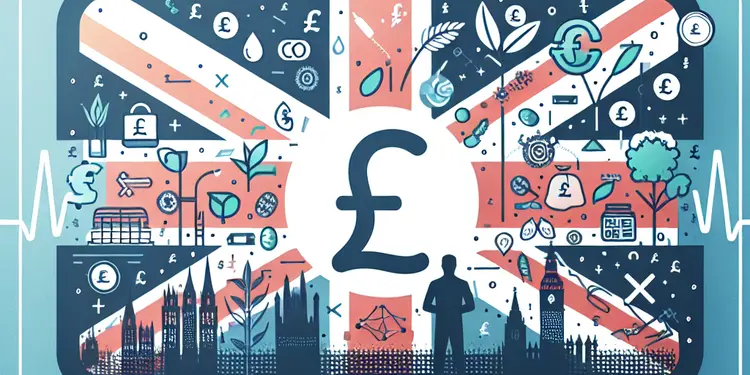
Can environmental factors contribute to type 1 diabetes?
Relevance: 45%
-
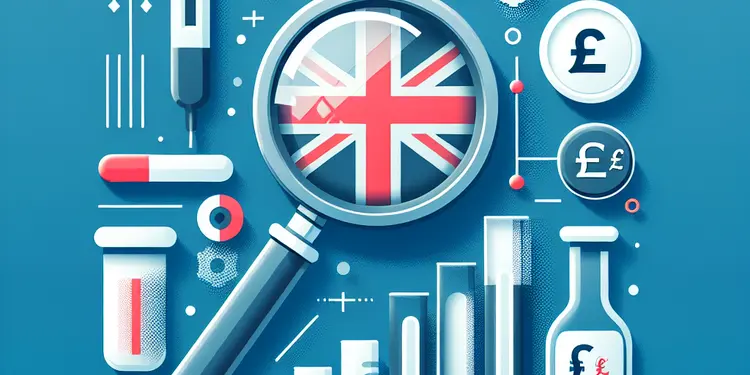
How accurate are the tests for predicting type 1 diabetes?
Relevance: 44%
-

Does insurance cover type 1 diabetes screening?
Relevance: 44%
-

NHS Diabetes Prevention Programme; Preventing Type 2 and improving outcomes for people with diabetes
Relevance: 44%
-
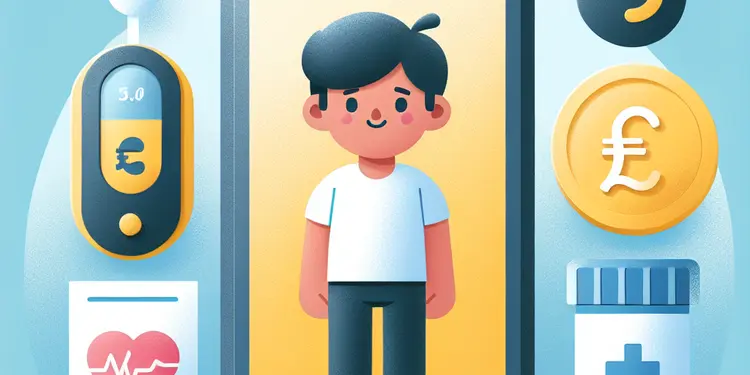
Why should I consider screening my child for type 1 diabetes?
Relevance: 44%
-

Are there any symptoms of type 1 diabetes I should watch for in my child?
Relevance: 43%
-
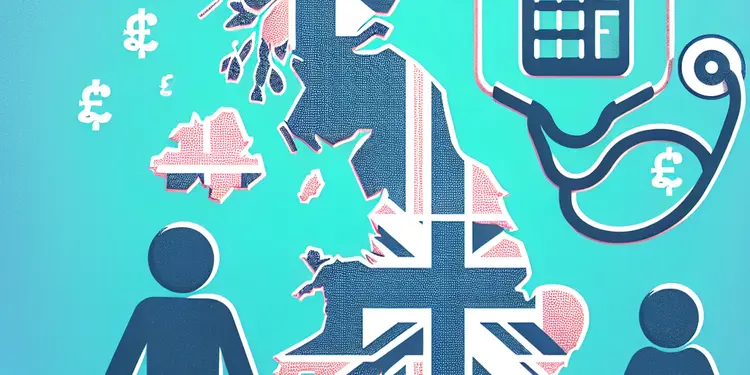
Where can I have my child screened for type 1 diabetes?
Relevance: 43%
-
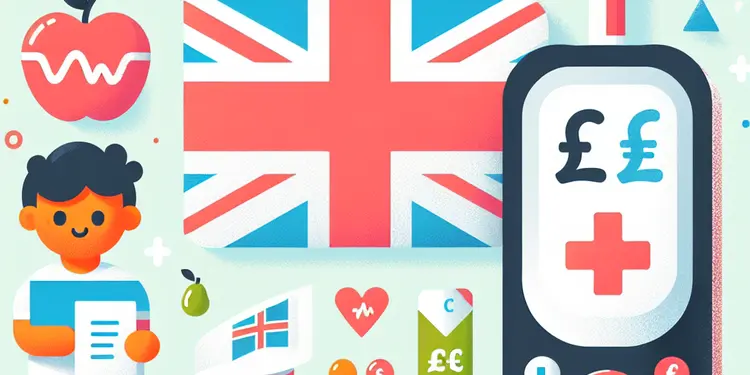
At what age should my child be screened for type 1 diabetes?
Relevance: 43%
-
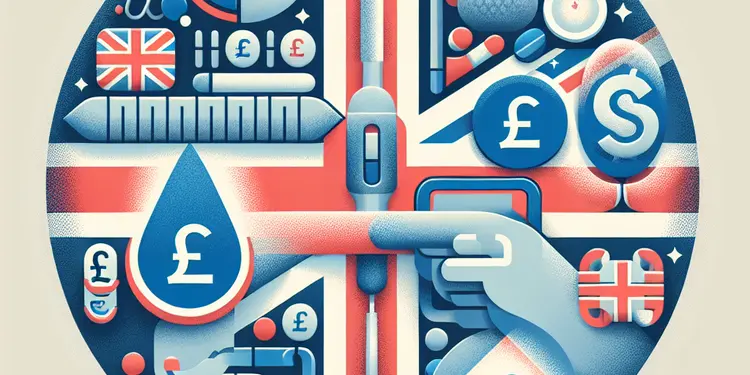
Should siblings of a child with type 1 diabetes also be screened?
Relevance: 42%
-
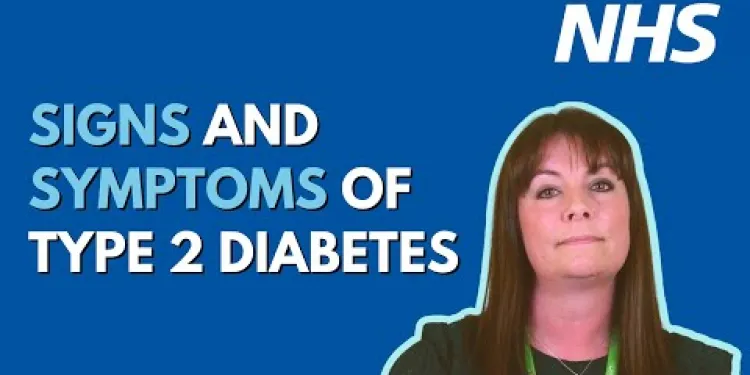
Type 2 diabetes - common signs and symptoms UHL NHS Trust
Relevance: 42%
-
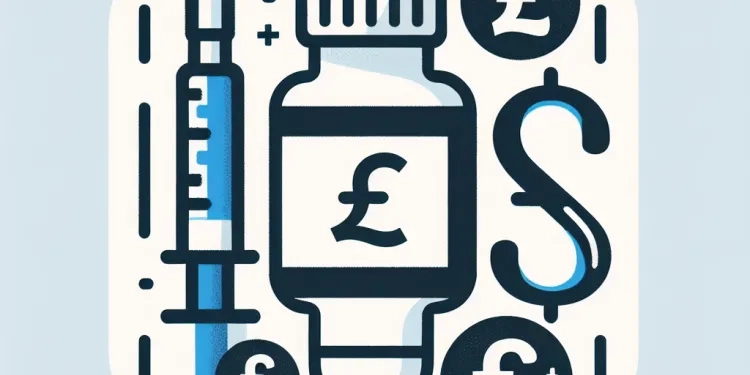
Is Teplizumab used to treat diabetes?
Relevance: 41%
Patient Voices in Type One Diabetes - I Would Have Done Things Differently
The Importance of Early Diagnosis
In the United Kingdom, many patients with type one diabetes reflect on their experiences and often highlight the importance of early diagnosis. Early recognition of symptoms such as excessive thirst, frequent urination, and unexplained weight loss can significantly impact the management and outcome of the disease. Patients frequently express that had they or their healthcare providers been more aware of these early signs, they could have avoided severe complications, such as diabetic ketoacidosis, which is often a result of delayed diagnosis.
Access to Education and Resources
Another common sentiment among patients in the UK is the need for better access to diabetes education and resources. Upon diagnosis, many patients felt overwhelmed and inadequately informed about how to manage their condition. Consistent education on carbohydrate counting, insulin administration, and the importance of regular blood glucose monitoring can empower patients to take control of their health. Patients often wish they had received more comprehensive education and support from the beginning, which could have helped them make more informed decisions and avoid complications.
Support Systems and Community
Patients also emphasize the crucial role of support systems and community in managing type one diabetes. Many patients in the UK regret not seeking support from diabetic peer groups or online communities earlier. These networks provide emotional support, practical advice, and a sense of camaraderie that can make a significant difference in a person’s diabetes journey. Engaging with others who understand the daily challenges of managing diabetes can help reduce feelings of isolation and improve overall wellbeing.
Proactive Healthcare Engagement
Lastly, patients often reflect on the importance of being proactive in their healthcare management. For some, regular consultations with their healthcare providers and being vigilant about routine check-ups, including eye exams and foot care, would have helped in better managing their condition. Many patients express that taking an active role in their healthcare journey and advocating for their needs would have changed their experience for the better.
Listening to patient voices highlights the critical areas where more proactive measures and improved education could lead to better outcomes for individuals living with type one diabetes in the United Kingdom.
Patient Voices in Type One Diabetes - I Would Have Done Things Differently
The Importance of Early Diagnosis
In the UK, people with type one diabetes talk about their stories. They say it is important to know about diabetes early. You should look for signs like being very thirsty, needing to wee a lot, and losing weight without knowing why. If you spot these quickly, you can manage diabetes better. If doctors and patients knew these signs, they could stop serious problems like diabetic ketoacidosis from happening.
Access to Education and Resources
Many people say they need more help to learn about diabetes. When they find out they have it, they feel confused and scared. Learning how to count carbohydrates, give insulin, and check blood sugar is very important. This learning helps people look after themselves better. They wish they had more information and support from the start to make better choices and avoid problems.
Support Systems and Community
People say having friends and help is important for managing diabetes. Many wish they joined diabetes groups or online chats sooner. These groups give support, advice, and friendship. Talking with others who understand how hard it is to manage diabetes can make you feel better and less alone.
Proactive Healthcare Engagement
People also say it's important to be active in your healthcare. Going to the doctor regularly and getting checks like eye and foot exams can help. Many feel that being involved and speaking up about what they need can make managing diabetes easier.
Listening to what patients have to say shows us how important it is to be ready and learn more. This can help people with type one diabetes in the UK live healthier lives.
Frequently Asked Questions
What is the main message of 'Patient voices in type one diabetes - I would have done things differently'?
The main message is that patients with Type 1 diabetes often reflect on their diagnosis and treatment journey, expressing thoughts on what they might have done differently to manage their condition better.
Is Type 1 diabetes primarily lifestyle-related?
No, Type 1 diabetes is an autoimmune condition. Unlike Type 2 diabetes, it is not caused by lifestyle factors and cannot be prevented.
What common challenges do patients with Type 1 diabetes face?
Patients often face challenges such as managing blood glucose levels, dealing with hypoglycemia and hyperglycemia, adjusting diet and exercise, and the psychological impact of a chronic condition.
How do patients feel about their initial diagnosis?
Many patients feel overwhelmed and anxious upon initial diagnosis, with some expressing a lack of adequate information and support at that critical time.
What role do healthcare providers play in the patient experience?
Healthcare providers are crucial in offering medical guidance, emotional support, and education to help patients manage their condition effectively.
What did many patients wish they had known earlier?
Many wished they had a better understanding of how to manage blood sugars, the importance of regular monitoring, and the potential long-term complications of poor diabetes management.
How important is self-management in Type 1 diabetes?
Self-management is extremely important. Patients need to monitor their blood glucose levels, administer insulin, manage diet and exercise, and recognise warning signs of complications.
What impact does Type 1 diabetes have on mental health?
Type 1 diabetes can significantly impact mental health, causing issues such as anxiety, depression, and stress related to the daily management of the condition.
Are there any common regrets among Type 1 diabetes patients?
Common regrets include not seeking help sooner, not following treatment plans meticulously, and not paying enough attention to diet and exercise.
What advice do patients typically offer to newly diagnosed individuals?
Advice often includes seeking support, educating oneself about the condition, adhering to treatment plans, and maintaining regular healthcare appointments.
How has technology impacted Type 1 diabetes management?
Technological advancements like continuous glucose monitors (CGMs) and insulin pumps have greatly improved diabetes management by providing real-time data and precise insulin delivery.
What are the signs and symptoms of hypoglycemia?
Signs and symptoms include shakiness, sweating, confusion, rapid heartbeat, and irritability. Severe hypoglycemia can lead to loss of consciousness if not treated promptly.
Can Type 1 diabetes patients lead a normal life?
Yes, with proper management, patients with Type 1 diabetes can lead a healthy and active life. However, it requires consistent monitoring and adherence to treatment plans.
How can family and friends support someone with Type 1 diabetes?
Support can be provided by learning about the condition, offering emotional support, helping with meal planning and physical activity, and being alert to signs of complications.
What lifestyle changes are recommended for managing Type 1 diabetes?
Recommended changes include regular physical activity, a balanced diet low in refined sugars and high in complex carbohydrates, consistent blood glucose monitoring, and stress management techniques.
What is the main message of 'Patient voices in type one diabetes - I would have done things differently'?
This story is about people with type one diabetes. They share their own experiences.
The main idea is about learning from mistakes. They talk about what they might change if they could do things again.
These voices help us understand type one diabetes better.
Tools that can help:
- Ask someone to read with you.
- Use a dictionary to look up hard words.
- Listen to an audio version if available.
The main message is that people with Type 1 diabetes often think about their life with the illness. They talk about how they found out they had diabetes and the way they take care of themselves. They also think about what they could have done differently to take better care of themselves.
What causes Type 1 diabetes?
Type 1 diabetes is not caused by the way we live. It happens when the body cannot make insulin. Insulin helps the body use sugar for energy.
People with Type 1 diabetes need help from doctors. They use special tools like insulin pens or pumps. These help them stay healthy.
No, Type 1 diabetes is a type of illness where the body attacks itself by mistake. It is different from Type 2 diabetes. It is not caused by how you live, and you cannot stop it from happening.
What problems do people with Type 1 diabetes have?
Type 1 diabetes can make life hard. Here are some problems people with it often face:
- Checking Blood Sugar: People must check their blood sugar levels many times a day.
- Taking Insulin: They need to take insulin shots or use a pump to help their bodies.
- Eating Right: They have to be careful about what they eat to keep sugar levels steady.
- Feeling Different: Sometimes, they might feel different from their friends or get tired easily.
Here are some ways to help:
- Use a Planner: Write down when to check blood sugar and take insulin.
- Get Support: Talk to a doctor, nurse, or join a group for help and tips.
- Stay Positive: It is important to stay happy and not get too upset.
People with diabetes have things they need to do. They have to keep their blood sugar at the right level. Sometimes their blood sugar goes too low, which is called hypoglycemia. Sometimes it goes too high, which is called hyperglycemia. They also need to watch what they eat and make sure to exercise. Having a chronic illness can sometimes make them feel stressed or worried.
If it helps, you can use a chart or app to track your blood sugar. You can also ask a friend or family member to help remind you about meals and exercise.
How do patients feel when they first learn about their illness?
When people find out they are sick, they might feel scared, worried, or confused. It is important to talk to a doctor or nurse to understand more.
Using picture cards or writing down questions can help you feel better. Ask someone you trust to go with you to the doctor. They can help you remember the information.
When people first find out they are sick, they can feel scared and worried. Some people say they do not get enough information and help at this important time.
How do healthcare workers help patients feel better?
Healthcare workers like doctors and nurses help patients in many ways. They make sure patients are safe and cared for. They listen to patients' problems and give them the medicine or treatment they need.
Healthcare workers also explain things clearly so patients understand what is happening. They are kind and help patients feel less scared.
If you find it hard to understand what healthcare workers say, you can ask them to explain again. You can also use pictures or ask a friend or family member to help you.
Doctors and nurses are very important. They help people with their health. They also give advice and listen to people's feelings. They teach people how to take care of themselves and stay healthy.
What do many patients wish they knew before?
Lots of people want to know more about taking care of their blood sugar. They need to check it often and learn why this is important. If they don't manage their diabetes well, it can cause problems later on.
Here are some tools and tips that can help:
- Use a simple chart to track your blood sugar levels. You can fill it out every day.
- Set reminders to check your blood sugar using an alarm or a phone app.
- Ask a doctor or nurse to explain any part you don’t understand.
- Join a group where other people with diabetes share their stories and support each other.
Why is it important to take care of yourself if you have Type 1 diabetes?
Type 1 diabetes means your body needs extra help to stay healthy.
Taking care of yourself is important. You need to check your blood sugar, eat healthy food, and take your insulin.
These things help you feel good and live a happy life.
If you need help, you can use tools like talking meters, picture guides, or get support from family and doctors.
Taking care of yourself is very important. People need to check their blood sugar levels, take insulin, eat healthy food, exercise, and know the signs when something is wrong.
How does Type 1 diabetes affect mental health?
Type 1 diabetes is a sickness that changes how your body uses sugar. This can sometimes make people feel worried or sad.
It is important to talk about feelings and tell a grown-up or a doctor if you feel bad. They can help you feel better.
Here are some ways to feel better:
- Talk to someone you trust about how you feel.
- Use apps or books to help you understand your feelings.
- Play games, do crafts, or listen to music to relax.
Having Type 1 diabetes can make people feel worried, sad, or stressed. This is because they have to take care of their diabetes every day.
Do people with Type 1 diabetes often feel sorry about something?
Here are some tips to help you understand:
- Use simple words or pictures to explain your feelings.
- Ask a family member or friend to talk with you about it.
- Use apps or tools that help you learn more about diabetes.
People often feel sorry about a few things. They wish they asked for help sooner. They wish they followed their doctor’s advice better. They also wish they ate healthy food and exercised more.
What tips do people usually give to someone who just found out they are sick?
Here are some helpful ideas:
- Talk to your doctor and ask all your questions.
- Join a group to meet others with the same problem.
- Keep a diary to remember how you feel.
- Let your family and friends know how they can help you.
Try to use tools or apps that help you remember things and stay organized.
Here is some advice:
- Find someone who can help you.
- Learn about what you are going through.
- Follow your doctor’s plan for you.
- Go to your doctor appointments.
Some tools that can help are:
- Use a calendar to remember your appointments.
- Ask a friend or family member to support you.
- Use websites and books to learn more about your condition.
How does technology help people with Type 1 diabetes?
New technology like blood sugar monitors and insulin pumps help people with diabetes. These tools give real-time information and help deliver the right amount of insulin.
What are the signs of low blood sugar?
Low blood sugar, also called hypoglycemia, can make you feel bad. Here are some signs:
- You might feel shaky.
- Your heart could beat fast.
- You might sweat a lot.
- You could feel very hungry.
- You may feel dizzy or light-headed.
- Your vision might get blurry.
- You could feel confused or have trouble thinking clearly.
- You might feel weak or tired.
If you feel these signs, it is important to tell an adult or a friend. Eating or drinking something sweet, like a small snack or juice, can help you feel better.
Look out for signs like shaking, sweating, feeling confused, fast heartbeat, and getting easily upset. If it gets really bad, it might make you pass out if you don't get help quickly.
Can people with Type 1 diabetes have a normal life?
Yes, people with Type 1 diabetes can live a normal life. They need to take care of their health each day.
Here are some tips to help:
- Check blood sugar levels often. This can show if the blood sugar is too high or too low.
- Eat healthy foods. This helps keep blood sugar levels normal.
- Exercise regularly. It keeps the body strong and helps control blood sugar.
- Take insulin shots or use an insulin pump. This helps the body use sugar properly.
- Visit the doctor regularly. The doctor can help make a good health plan.
If you have any questions, talk to a doctor or nurse. They can help you understand more.
Yes, people with Type 1 diabetes can be healthy and active. But they need to check their health and follow their treatment plan regularly.
How can family and friends help someone with Type 1 diabetes?
Family and friends can help a lot! Here are some simple ways:
- Learn about Type 1 diabetes. Knowing more can help you understand what the person needs.
- Remind them to check their blood sugar levels. It's important to do this every day.
- Help them eat healthy meals. Eating the right food can make them feel better.
- Be there to listen. Sometimes, just being there and listening can make a big difference.
- Encourage them to exercise. Moving around is good for their health.
- Help them remember to take their insulin. It's a medicine that keeps their blood sugar level right.
Using pictures, timers, or apps can help remind them to do these things. Always be patient and kind.
You can help by learning about the condition. Be there to listen and support them. Help plan meals and find fun ways to exercise together. Watch for signs that they might need more help.
What changes can help manage Type 1 diabetes?
If you have Type 1 diabetes, here are some simple ways to help you feel better:
- Eat Healthy Foods: Try to eat fruits, vegetables, and whole grains. These help keep your body strong.
- Check Your Blood Sugar: Use a meter to check your sugar levels often. This helps you know if you need insulin.
- Take Insulin: Follow the doctor's instructions on when and how much insulin to take.
- Exercise Regularly: Try to be active every day, like walking, playing, or dancing. This helps your body use sugar better.
- Ask for Help: Talk to your doctor, nurse, or a diabetes educator if you have questions or need support.
Using pictures, charts, or apps can also help you remember these steps. Parents and caregivers can help too!
Here are some tips to help you:
- Exercise often. Try to move your body a lot.
- Eat healthy meals. Try not to eat too much sugar. Eat foods like whole grains, fruits, and vegetables.
- Check your blood sugar regularly. This helps you know how you are doing.
- Find ways to relax and feel calm. This can help you manage stress.
Useful Links
This website offers general information and is not a substitute for professional advice.
Always seek guidance from qualified professionals.
If you have any medical concerns or need urgent help, contact a healthcare professional or emergency services immediately.
Some of this content was generated with AI assistance. We’ve done our best to keep it accurate, helpful, and human-friendly.
- Ergsy carfully checks the information in the videos we provide here.
- Videos shown by Youtube after a video has completed, have NOT been reviewed by ERGSY.
- To view, click the arrow in centre of video.
- Most of the videos you find here will have subtitles and/or closed captions available.
- You may need to turn these on, and choose your preferred language.
- Go to the video you'd like to watch.
- If closed captions (CC) are available, settings will be visible on the bottom right of the video player.
- To turn on Captions, click settings .
- To turn off Captions, click settings again.
More Items From Ergsy search
-

Patient voices in type one diabetes - I would have done things differently.
Relevance: 100%
-

Is Ozempic suitable for type 1 diabetes?
Relevance: 55%
-

Is Type 2 Diabetes hereditary?
Relevance: 55%
-

How is Type 2 Diabetes diagnosed?
Relevance: 54%
-

Type 1 Diabetes supporting adults to manage Type 1 diabetes
Relevance: 53%
-

What is the difference between type 1 and type 2 diabetes?
Relevance: 53%
-

Can Mounjaro be used in type 1 diabetes?
Relevance: 52%
-

What is type 1 diabetes?
Relevance: 52%
-

What is type 1 diabetes?
Relevance: 52%
-

Can Type 2 Diabetes go away?
Relevance: 51%
-

Can Type 2 Diabetes be prevented?
Relevance: 51%
-

What Is Type 2 Diabetes? | 2 Minute Guide | Diabetes UK
Relevance: 50%
-

What causes Type 2 Diabetes?
Relevance: 50%
-

What are the symptoms of Type 2 Diabetes?
Relevance: 49%
-

How is Type 2 Diabetes treated?
Relevance: 49%
-

Is there a genetic predisposition to type 1 diabetes?
Relevance: 49%
-

What are the limitations of type 1 diabetes screening?
Relevance: 48%
-

Is Wegovy used for type 2 diabetes management?
Relevance: 48%
-

How to manage type 2 diabetes
Relevance: 48%
-

Voice banking service helps people live with motor neurone disease
Relevance: 48%
-

What complications are associated with Type 2 Diabetes?
Relevance: 47%
-

Are there any clinical trials for preventing type 1 diabetes?
Relevance: 46%
-

Should I screen my child for type 1 diabetes?
Relevance: 46%
-

What is the role of insulin in Type 2 Diabetes?
Relevance: 46%
-

What does screening for type 1 diabetes involve?
Relevance: 46%
-

Can stress affect my Type 2 Diabetes?
Relevance: 46%
-

What are the benefits of early detection of type 1 diabetes?
Relevance: 45%
-

Where can I find support for managing Type 2 Diabetes in the UK?
Relevance: 45%
-

What support is available for families dealing with type 1 diabetes?
Relevance: 45%
-

Can environmental factors contribute to type 1 diabetes?
Relevance: 45%
-

How accurate are the tests for predicting type 1 diabetes?
Relevance: 44%
-

Does insurance cover type 1 diabetes screening?
Relevance: 44%
-

NHS Diabetes Prevention Programme; Preventing Type 2 and improving outcomes for people with diabetes
Relevance: 44%
-

Why should I consider screening my child for type 1 diabetes?
Relevance: 44%
-

Are there any symptoms of type 1 diabetes I should watch for in my child?
Relevance: 43%
-

Where can I have my child screened for type 1 diabetes?
Relevance: 43%
-

At what age should my child be screened for type 1 diabetes?
Relevance: 43%
-

Should siblings of a child with type 1 diabetes also be screened?
Relevance: 42%
-

Type 2 diabetes - common signs and symptoms UHL NHS Trust
Relevance: 42%
-

Is Teplizumab used to treat diabetes?
Relevance: 41%


